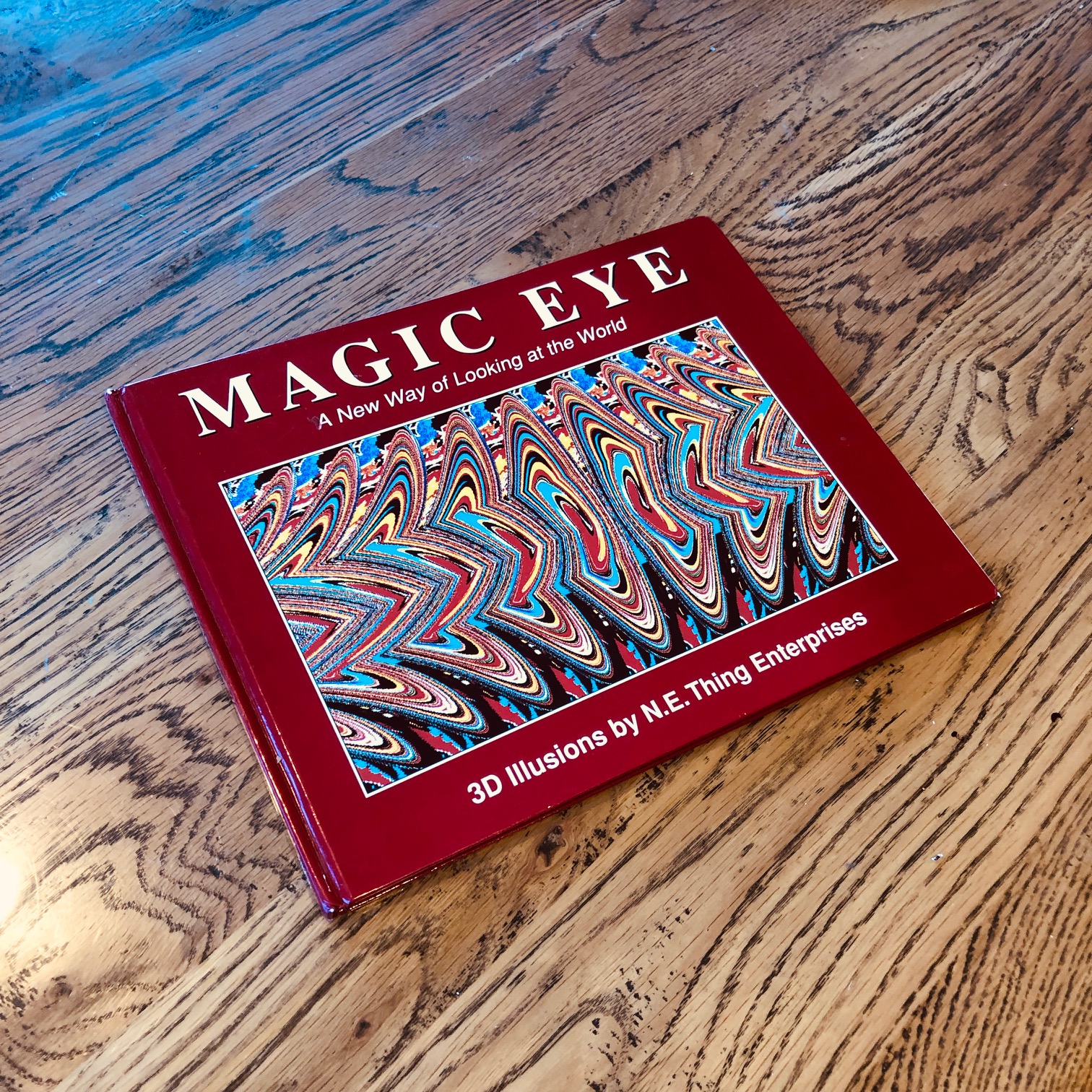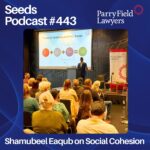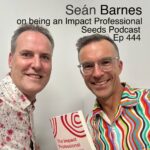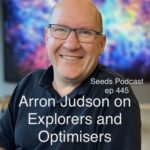Below is the text of the short speech given at the CLAANZ (Charity Law Association of Australia and New Zealand) annual conference on 1 August 2019. The actual words I said are in the video and audio of podcast episode 119 – shows how improvisation works!
Podcast:
Video:
Kia ora koutou, ko Steven toku ingoa, no Ōtautahi au.
Good morning everyone, my name is Steven Moe and I am really pleased to be able to join you today and offer a New Zealand perspective on this topic. I work as a Partner in a law firm called Parry Field in Christchurch where we have 50 staff and I assist many charities and not for profits but also worked at an international law firm for 11 years – including 4 years in Sydney – so have in the past, and still do, a lot of work for corporates and profit making companies. I am also on the board of a charitable company called Christian Savings which in New Zealand has more than $100 million in loans out to Churches and similar charities to fund their projects.
So with that bit of context I want to offer you a different perspective.
When I was younger there was a particular book which fascinated me and I’ve brought a copy along. Do any of you remember having one of these? The book is called “Magic Eye: A new way of looking at the world”. For a brief period in the 1990s they were the true definition of a “fad”. They sold tens of millions of copies across the world and appeared in countless waiting rooms.
The way it works is that you see just colours or shapes but if you can adjust your eyes then an image will emerge out of that and appear in three dimensions. You see something new even in a place where you have looked before.
The reason I mention that is to frame what I am about to say. When we talk about public benefit and private benefit and charity and business I think that there is, in a very similar way, a new way of looking at the world which is emerging right now. Our own moment in history and the way we have looked at things in the past is not an accurate mirror to represent how it is destined to always be. But we need eyes which are adjusted well to be able to see that.
What I am talking about here is a paradigm shift of thinking that is very similar to this Magic Eye. The old paradigm – which we each naturally fall into – particularly if we are active and working in this sector – meets someone at a dinner like the one we will have tonight.
The person to our right says, “I want to help people who are coming out of prison reintegrate back into society”. We congratulate them and immediately launch into a talk about the charity they are founding and what the source of donations will be, or grant funding. It is clear that they are being driven by motivations of the heart. This will clearly be for the public benefit and heart motivations lead to charity. A key word here might be “purpose”
We talk to the person on our left who says, “I’ve got this idea for a new tech solution to reducing the cost of credit cards”. We congratulate them and immediately launch into a different conversation about being an entrepreneur, about accelerator programs, startup venture capitalists and funding by issuing shares in a for profit company. It is clear that there are motivations of the head here and so we discuss business. A key word here might be “profit”. As a side note, it is important to note that these people have big hearts and often are on boards of charities, donate money and time but see it as something for their spare time, not something that could intersect with their working world.
So if that is the old paradigm, then what is the new one?
The new one seeks to combine the private and public benefit and integrate the heart and the head. It does not think in terms of a binary of either being “for profit” or being “not for profit/for purpose”. Instead it asks whether the organisation cannot be both. And if it could be both then imagine the possibilities – see the world in a new way. This new conception of business and charity sees them more overtly integrated.
So turning to our two friends, rather than relying on uncertain funding streams of donations and grants, what if she set up a structure that actually employed the very people that need the support and therefore empowered them? As for the credit card venture, what if customers could choose to divert a portion of the fees paid to organisations that they want to support? Both of these entities of course exist – Pathway in NZ does just that with Prisoners and Choice does it with Credit. This will be lead by the next generation who already ask deep questions and want their lives to have an impact – not just get paid.
So the true question is not how do we talk about and frame private and public benefit in the future, the true question is what this paradigm shift means when we talk about charity and business xszand the systems that we have constructed to regulate and govern them – which are based on the old paradigm and don’t match the reality of the new one. We need to move from an extractive economy to a regenerative economy. Because like the Magic Eye this also is a new way of seeing the world.
If you are interested in learning more about this I was involved in writing a report with 5 others on this and similar topics which is now sitting with the New Zealand Government and I will share more about that later today in the update on New Zealand developments.
The last thing to say is that if you’ve listened closely I’ve deliberately not used the words social enterprise, because I don’t want it to become an “us and them” term, as I dream of a day when all businesses have embraced the combination of purpose and profit so I don’t want it to be seen as something that “they” do as the paradigm shift applies to all organisations.





